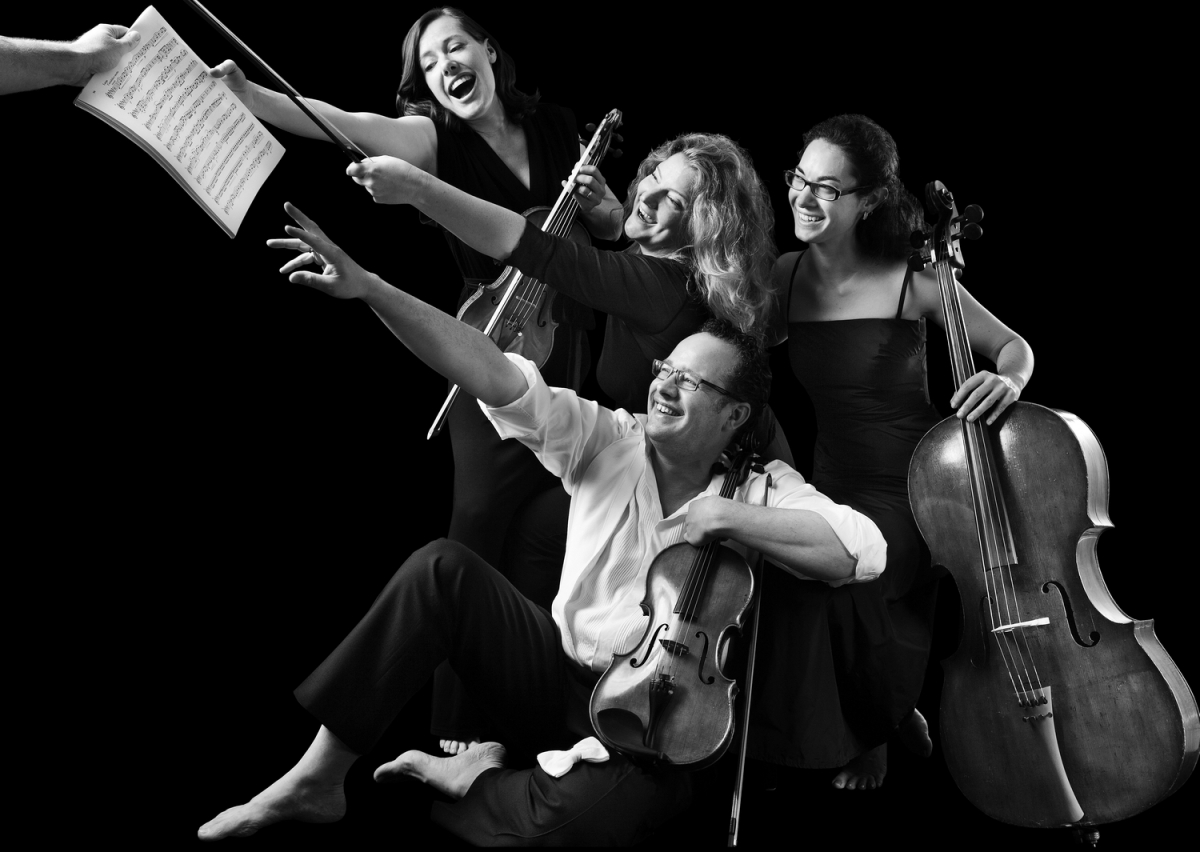Acacia Quartet is exploring music by Günter Raphael (1903-60), a composer admired by Furtwängler. Why is he so little known?
Raphael was a very gifted composer and had a bright career ahead of him. When the Nazis rose to power, he lost his teaching position at the Leipzig Conservatory and was declared a ‘half-Jew’. He was banned immediately from all professional endeavours and his music was forbidden to be performed. On top of that he also contracted tuberculosis, which forced him to undergo numerous operations and spend extended periods of time in sanatoriums. After the war he had great difficulties regaining recognition because of such a long ban.
What are the strengths of Raphael’s music?
It has its own, unique voice. Experience of Berlin and Leipzig in the 1920s formed his musical language. He loved sumptuous sounds and polyphony and frequently combined both. That means sometimes you get thick chords, accompanying a polyphonic melody. He also loved big contrasts and long, ongoing sections. He really knew the composition tradition well – there are lots of sections that sound sort of familiar to the ear but in the end are very much in Raphael’s style.











Comments
Log in to join the conversation.